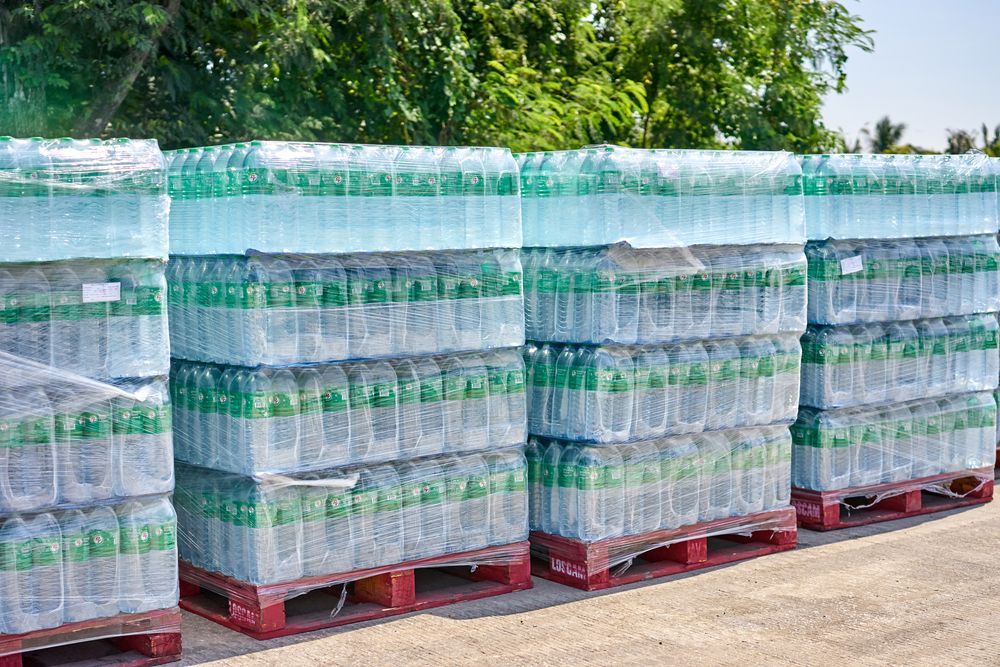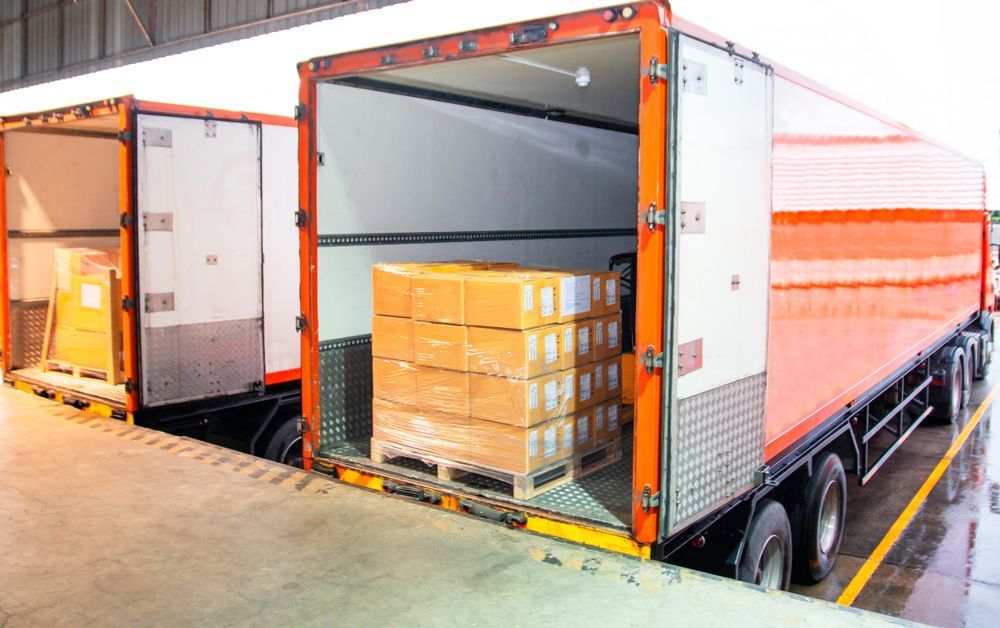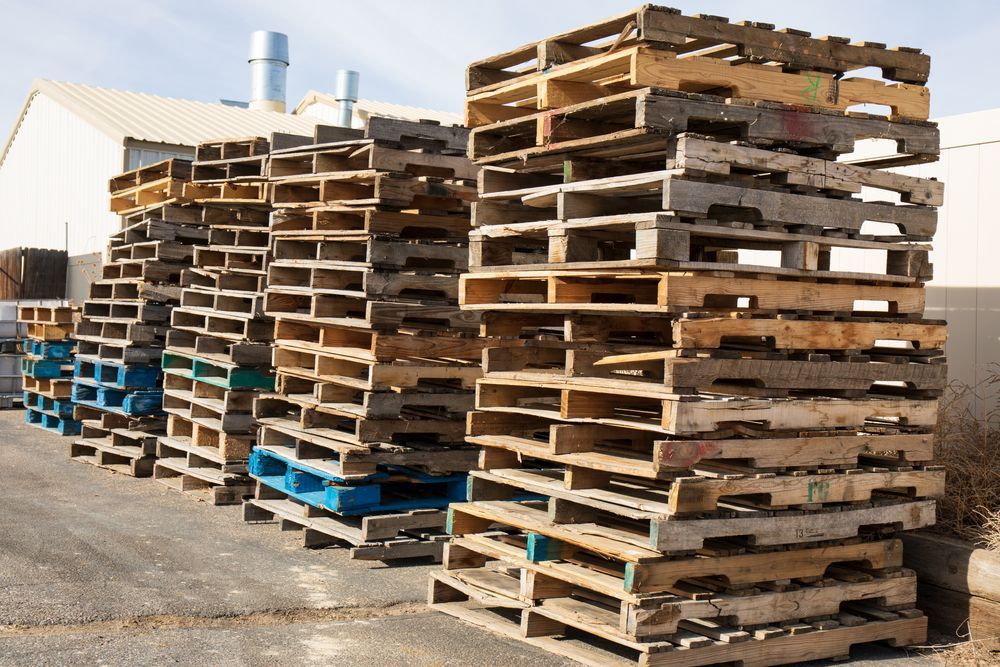Typical Uses for Wooden Pallets
Share this article:
Written by: Advance Pallet
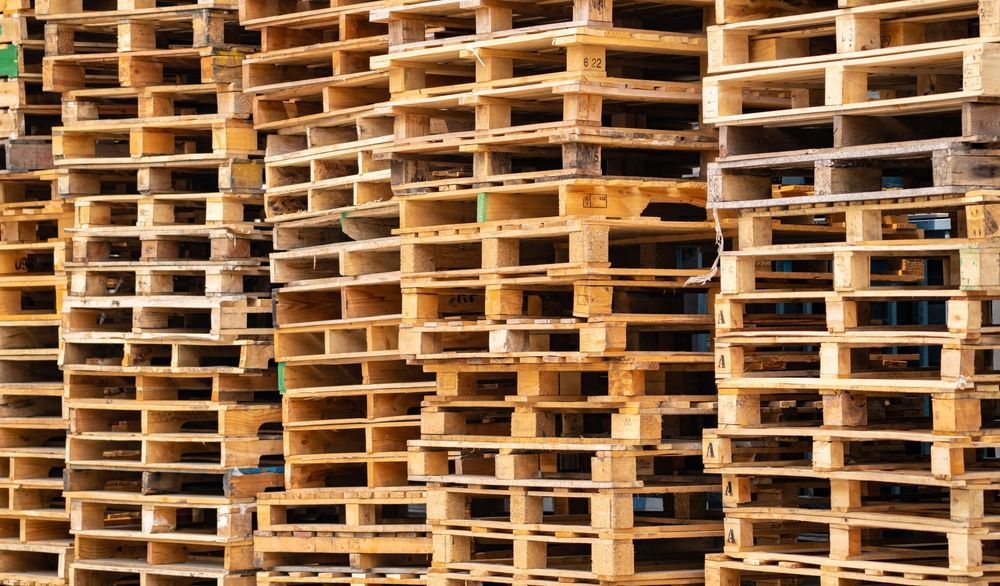
Due to their inherent versatility, wooden pallets are most commonly used in general manufacturing. You would be hard-pressed to walk into an average warehouse across the country and not see wooden pallets of various sizes being used at any given time.
Advantages of Wooden Pallets
By far, the biggest advantage of wooden pallets is that they're cost-effective. They are rugged and are often built to stand the test of time. They're very cheap to produce and if you ever run into an issue with a broken board or something similar, they can usually be fixed just as quickly.
They're also inherently versatile. Depending on the exact type of wooden pallet you're talking about, you're still looking at a weight capacity anywhere between 1,500 pounds and 3,000 pounds or more.
Export Pallets
Export pallets, as the name implies, are specifically designed for international shipments. This is key, because you're often dealing with not only the strict hygiene and other requirements of the United States, but also other countries and customs agents as well. Both plastic and wooden pallets can be used for export purposes. Wooden pallets can be used if they are heat treated, which means that the wood is heated to an extremely high temperature for a long period of time to kill any pests, diseases, or other issues that may be inside.
Food-Grade Pallets
These are pallets that are both designed and built for transporting or storing food or any food-related products that your business might work with.
Industrial Pallets
These are heavy-duty pallets that are used to store, transport, or otherwise handle goods. They can be made from both wood and plastic.
Considerations When Purchasing Pallets
Cost of the Pallet
Obviously, your number one concern when shopping for pallets needs to be cost. Remember that plastic pallets tend to cost about three times more than their wooden counterparts.
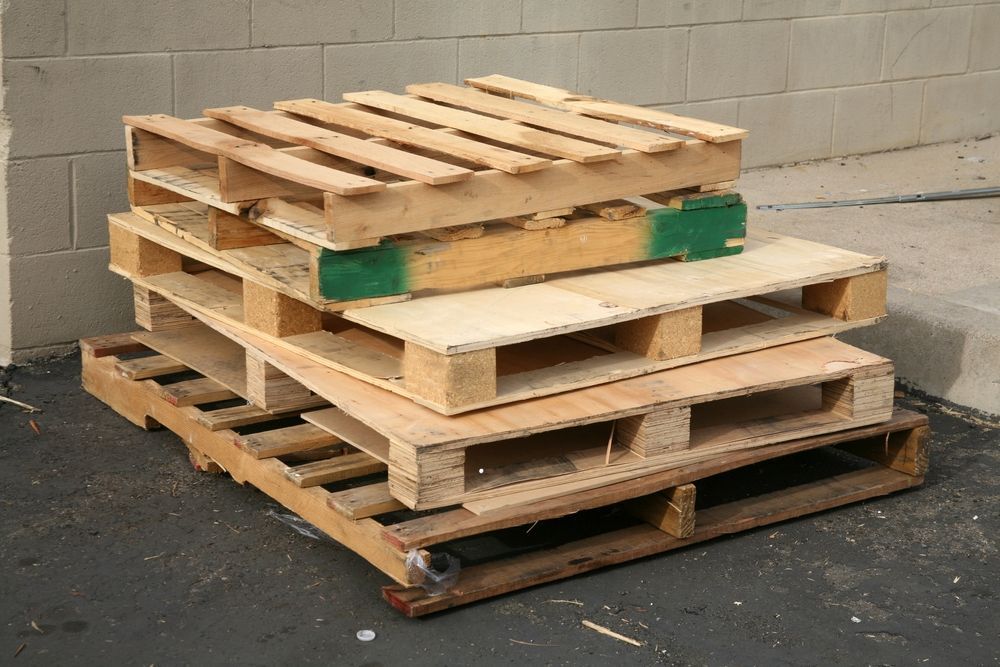
What Will the Pallet be Used For?
As mentioned, different pallets have their own unique strengths - making them ideal for certain applications. Those applications are often industry-specific. Based on what you need a pallet to do, the type you need is essentially a forgone conclusion.
How Long do You Need the Pallet?
If you need pallets to last for long periods of time, wooden pallets are typically your best option. Wood pallets can last for decades if you take care of them properly and repair them strategically when necessary. Plastic pallets can still last 10+ years, but they're a lot more fragile.
Weight Requirements of the Pallet
Wooden pallets tend to have far higher weight requirements than their plastic counterparts by virtue of the fact that they're more durable. Having said that, depending on what your business needs a pallet for, it's entirely possible that you might not need the intense weight requirements of a wooden pallet at all.

Are There Any Other Requirements or Standards That Must be Met?
Finally, you need to consider your pallet selection within the context of the lifespan of the pallet itself. That is to say, do you plan to use your pallet for multiple purposes?
If you're just looking for something that you can keep around the warehouse, any cost-effective wooden pallet will do.
If you're transporting items short distances and mostly just storing items for later, nothing really changes.
If you're also shipping internationally, suddenly you have the requirements and standards of other countries to think about. Just because your pallet meets the United States' expectations doesn't mean it will meet someone else's.
Choose Advance Pallet for All Your Pallet Needs!
If you'd like to find out more information about the intricacies of plastic vs wooden pallets, or if you'd just like to speak about your business' own needs with someone in a bit more detail, please don't hesitate to contact the Advance Pallet team today.


